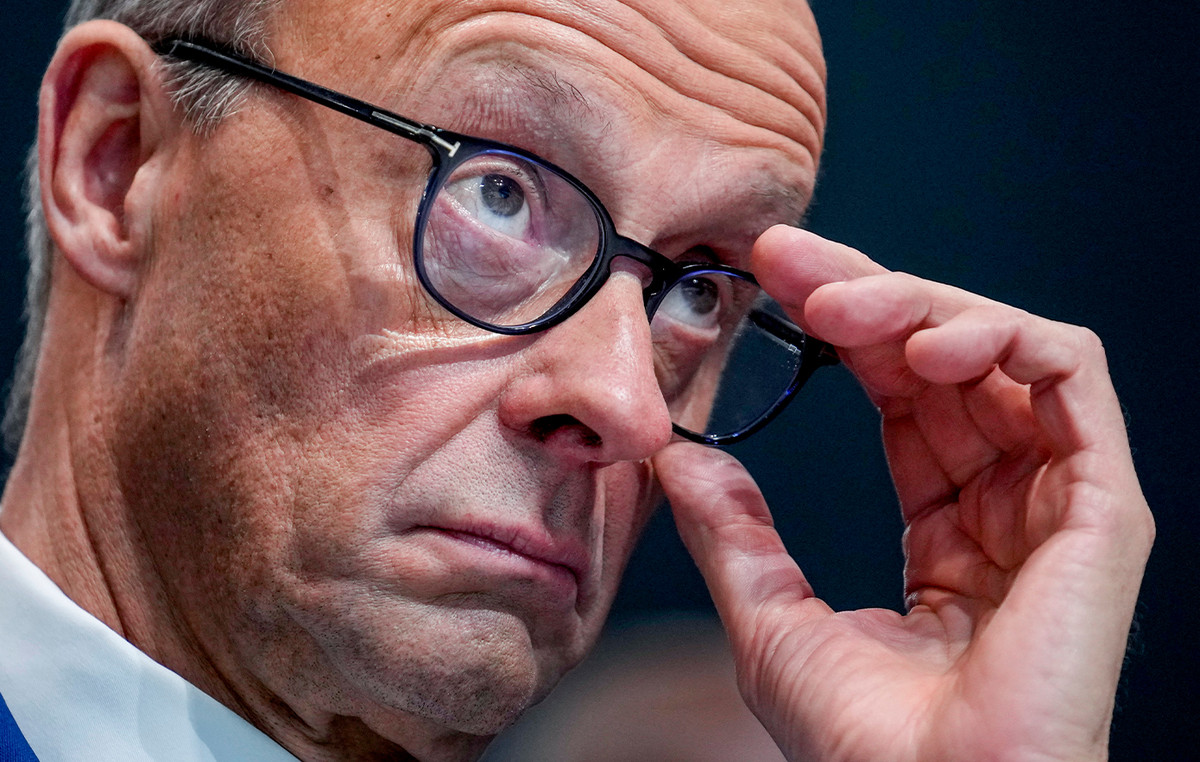The law that recognizes the Brazilian Sign Language (Libras) completed 20 years this month, still with many challenges to be propagated across the country. This is the assessment of the specialist in Cochlear Implant and Bone Anchored Hearing Aid, Sabrina Figueiredo.
In an interview with CNN Rádio, on CNN no Plural, she reinforced that “today we see several policies advancing, but there are still many challenges.”
The speech therapist exemplified: “Imagine having to go to the cinema or the market, but not having anyone who understands you. The dissemination of Libras is still a challenge. In Brazil, there is a lack of people with fluency in that language to serve everyone who needs it.”
The importance of this, according to her, “is enormous”: “In the workplace, to provide more opportunities, in the social sphere, for access to culture and leisure, and even in health, with professionals who will sometimes attend and do not have that fluency.”
“Breaking this barrier is a challenge and we must be available for that”, he said.
Sabrina Figueiredo explains that the hearing-impaired population is plural, with different degrees of loss and, consequently, with different needs. “As a health professional, we make a careful assessment to understand what each one needs, Libras is very important for those who do not communicate with oral Portuguese.”
At the same time, she admits that this makes it difficult to create public policies to “serve everyone properly, it is a complex area to work and you have to be careful.”
Pound variation
There are different forms of Libras, even within Brazil. Sabrina said that the sign for the word college, for example, is different in São Paulo and Rio de Janeiro.
“Between cities, there are variations, which would be the ‘accent’, as well as words they use in the Southeast and Northeast, which are different.”
Likewise, if a hearing impaired person has to travel abroad, “it will be just like someone who speaks Portuguese and travels to Russia.”
“The sign language of each country has a different base depending on how it was founded, here the inspiration was French.”
The specialist defends that people seek courses, often free and even apps, to learn Libras. “Every place that a person is willing to have access to sign language opens the door to a group of people who would probably not be there”.
Source: CNN Brasil







